First, a disclaimer: I am not a mental health professional. While shadow work books can be helpful to learn about mental health in general, please seek professional guidance if you are experiencing any kind of mental health crisis. The Substance Abuse and Mental Health Services Administration runs a 24/7 hotline anyone in the U.S. can access by dialing 988.
What exactly is shadow work? The term has come into regular use lately as a way to label the “dark” side of the personality. The dichotomy of light/dark has positive/negative connotations, however, and there is a growing belief that because we contain multitudes, we can embrace our shadow self as well as our persona, which is the side we present to others. The concept of the shadow self was first developed by Carl Jung in the early 1900s and serves as a counterpoint to Sigmund Freud’s theories of psychoanalysis. For a more thorough overview, I recommend the article “What is Shadow Work” from Medical News Today.
Jung developed the field of analytical psychology, which gave us terms like extrovert, introvert, complex (in the “this patient has a complex regarding X” sense), and collective unconscious. One could say he’s kind of a big deal.
I’ve gathered here a list of books about shadow work. All the books here are, to the best of my knowledge and research, written by licensed mental health professionals. Again, take all of these with a grain of salt, and if you have any doubts about how they may apply to you, please consult with a mental health professional.
Psychology of the Unconscious by C. G. JungAs Julie Andrews sings, “let’s start at the very beginning/a very good place to start.” Jung’s seminal work was published in 1912 and was followed up by several other works until his death in1961. It lays out the foundation of analytical psychiatry, upon which most of today’s psychiatric practices are based. |
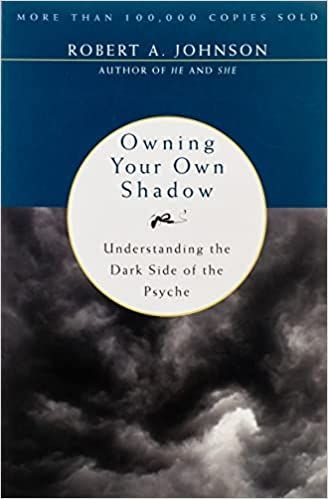
Owning Your Own Shadow: Understanding the Dark Side of the Psyche by Robert A. JohnsonJohnson is widely considered to be the link between Jung’s work and today. He studied under Jung in the early 1950s, worked with Künkel — another heavy hitter in analytical psychiatry — and worked with both Western and Eastern methods. This is his seminal work on the subject of shadow work. |

Shadow Work Workbook For Black Women by Hadley Walker, MAHadley Walker holds a Master’s degree in Counseling/Psychology and works primarily with Black women. This journal is designed to be used in tandem with a therapist to address the specific experiences of Black women. |
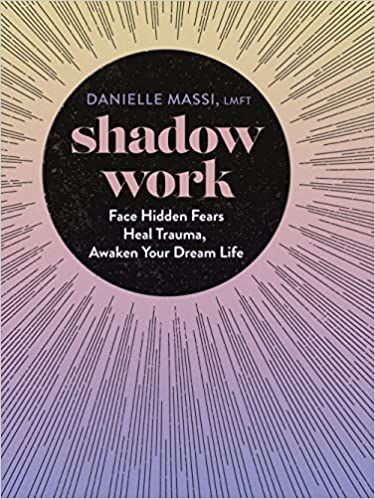
Shadow Work: Face Hidden Fears, Heal Trauma, Awaken Your Dream Life by Danielle Massi, LMFTMassi wrote this book to help people understand shadow work and to move through the process of integrating the shadow self with the persona. |

Shadow Work Journal by Jessica Cross, LSWCross is a licensed social worker and clinical massage therapist who designed this journal for herself and now shares it. Meant to be revisited, this could be a good option for those who like to track progress over the years. |
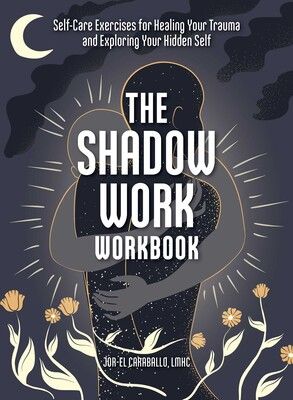
The Shadow Work Workbook: Self-Care Exercises for Healing Your Trauma and Exploring Your Hidden Self by Jor-el Caraballo, LMHCCaraballo guides the reader (journaler?) through the process of meeting the shadow self and integrating it into general life in order to be more fulfilled. |
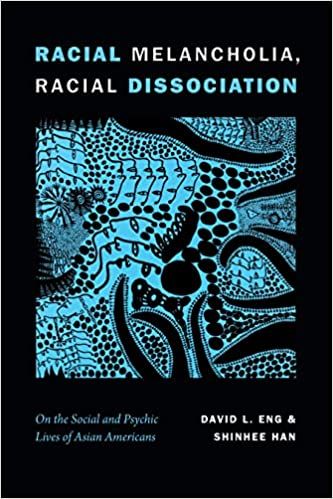
Racial Melancholia, Racial Dissociation: On the Social and Psychic Lives of Asian Americans by David L. Eng and Shinhee HanWhile not explicitly a book on shadow work, Racial Melancholia, Racial Dissociation examines the Asian American experience through the lens of the “model minority” myth, among other things, and discusses why therapy is so difficult for Asian Americans to both access and to apply to their lives. For an in-depth review, I recommend “Making Therapy Work for Asian Americans,” by Amy R. Wong. |
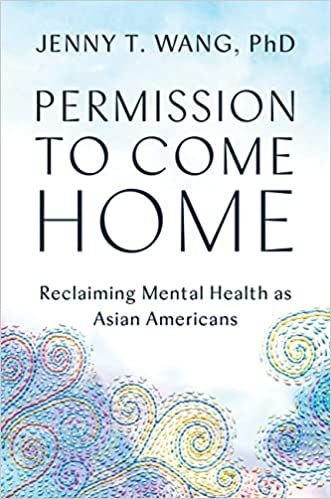
Permission to Come Home: Reclaiming Mental Health as Asian Americans by Jenny T. Wang, PhDWang weaves her own experiences as a Taiwanese American into this work, which addresses the reckoning that Asian Americans are experiencing around racial and cultural identity. Again, this is not explicitly about shadow work; however, one can see how it applies, considering that the range of emotions the Asian American persona is allowed to portray is narrower than other cultures, and that can lead to a more difficult relationship with the shadow self. |
In the last few years, there has been renewed interest in living a fully integrated and fulfilled life. Working with the shadow self can help us do that, and I hope this list of shadow work books provides you with a good starting place.















